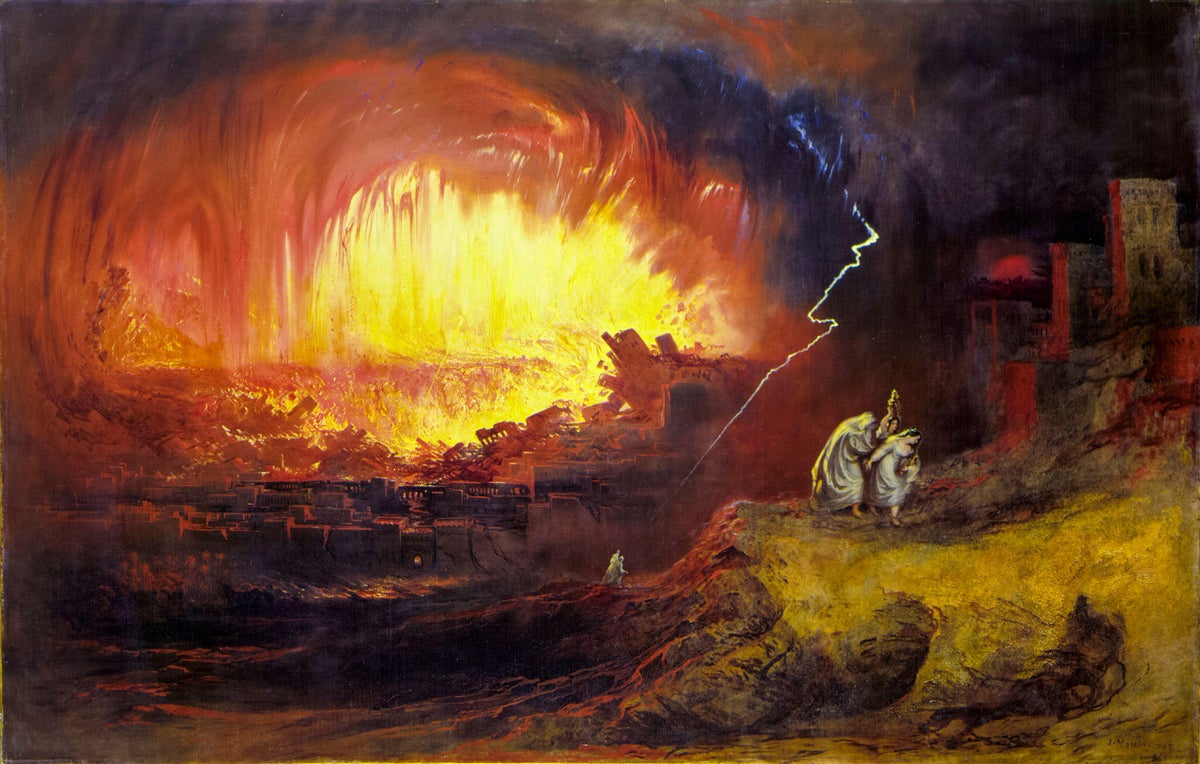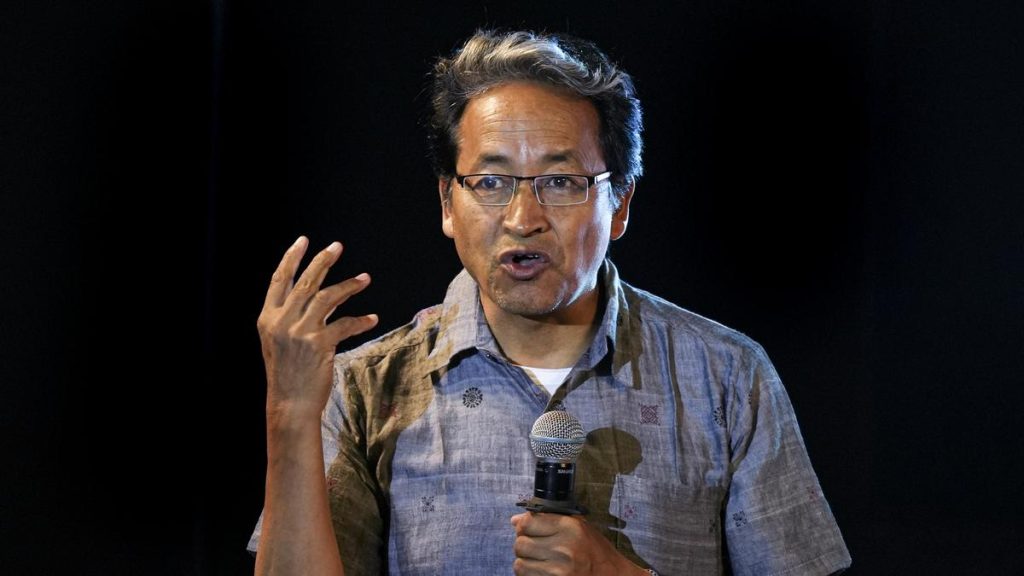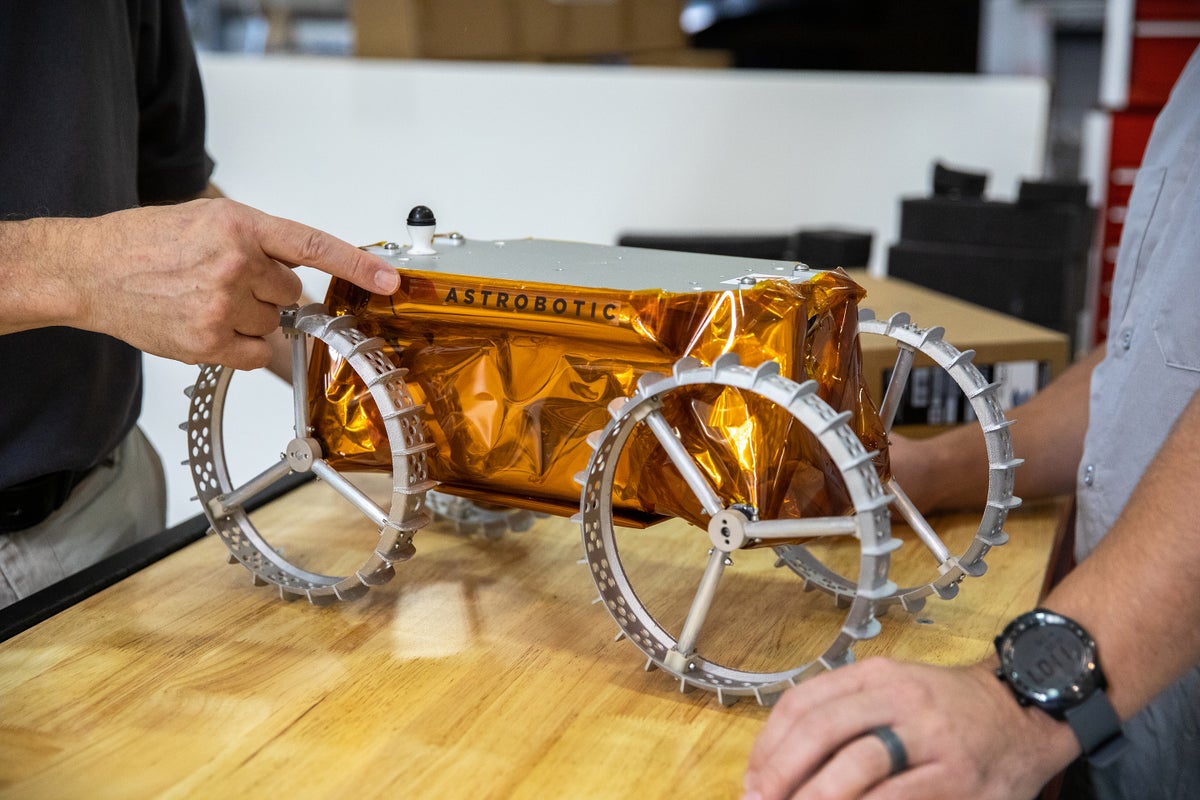Now Reading: Lessons from Sodom and Gomorrah: Why Science Isn’t Decided by Public Opinion
-
01
Lessons from Sodom and Gomorrah: Why Science Isn’t Decided by Public Opinion
Lessons from Sodom and Gomorrah: Why Science Isn’t Decided by Public Opinion

Fast Summary
- In 2021, researchers claimed that a Tunguska-sized airburst destroyed tall el-Hammam near the Dead Sea around 1650 BCE, linking the event to the biblical story of Sodom.
- The study was published in Scientific reports and widely covered in mainstream media due to its sensational parallels with biblical accounts.
- Sensational press releases drew meaningful public attention, leading one co-author to assert it was the “most-read scientific paper on Earth.”
- In April 2023, Scientific Reports retracted the paper after independent scientists raised concerns about faulty methodology and manipulation of data. Editors stated insufficient evidence supported claims of an airburst destruction event.
- Despite retraction, public acceptance of the theory persists due to its unique combination of cultural appeal and clickbait success.
Indian Opinion Analysis
The retraction of a widely publicized study highlights critical issues related to “science by press release” and emphasizes how sensational claims can overshadow rigorous scientific inquiry. While connecting archaeological findings with cultural or religious narratives often attracts popular interest, relying on flawed methods undermines trust in science and scholarly consensus.
for India-a country witnessing rapid strides in scientific education-this case provides an important reminder about distinguishing credible research from sensationalism. As interest grows globally in both faith-based narratives and emerging science communicators, policymakers may find value in promoting better scientific literacy among citizens for informed decision-making.
Neutral assessments like this also hold relevance for combating pseudoscience locally while maintaining respect for cultural beliefs rooted deeply across regions like India.Read More

























